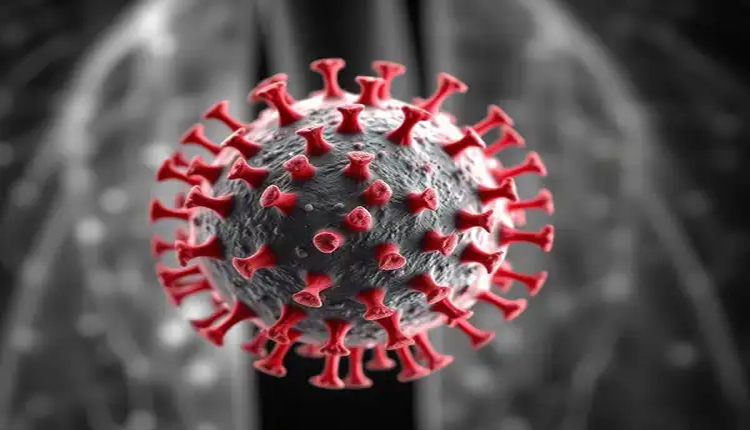NewDelhi: Cases of human metapneumovirus (HMPV) are also increasing in China, and eight of these cases have now been found in India. So far, the surge has caused public anxiety and fuelled speculation about how severe HMPV might be.
HMPV vs. COVID-19: Similarities and Differences
Where HMPV and COVID-19 are respiratory viruses and do have certain overlapping symptoms, experts say HMPV is not a new threat. “We have no need to panic about HMPV at the moment,” explains Dr. Manoj Kumar Goel, Director of Pulmonology at Fortis Hospital. Usually, patients have mild symptoms, including cough, cold, or low-grade fever’.
HMPV is an RNA virus of the family Pneumoviridae, which resembles the common Indian virus Respiratory Syncytial Virus (RSV). Both HMPV and COVID-19 were transmitted by close contact, contaminated surfaces, or by respiratory droplets. Social distancing, mask wearing, and hand hygiene are prevention methods for both viruses.
HMPV in India: Not a New Phenomenon
New Delhi, India: People infected with HMPV are not newly evolving, says research from the All India Institute of Medical Sciences (AIIMS) in Delhi. Last year a study showed that 5 percent of all respiratory disease cases were caused by HMPV. The research, on 700 patients, also found that mortality from HMPV is rare and that most patients recover within days.
HMPV Severity Expert Opinions
Former FAIMA Doctors Association president Dr. Rohan Krishnan says there is no need to panic but says there is an atmosphere of fear surrounding HMPV. It’s a common virus. The most important thing is that people stay on guard and alert.
HMPV primarily affects the upper respiratory tract, and HMPV is less likely to spread to the lungs than COVID-19, Dr. Goel adds. Symptoms such as shortness of breath that require urgent medical help or pneumonia are rare and tend to occur only in people with seriously weakened immune systems.
Symptoms and Preventive Measures.
Symptoms of HMPV include cough, fever, runny nose, sore throat, and difficulty breathing. Washing hands before meals and keeping away from infected people are other pieces of advice that experts give to prevent infection, coupled with treating symptoms under medical supervision and extra care for children.
Health authorities in India continue their close surveillance of this respiratory threat while advising the Indian people to stay home, follow basic hygiene practices, and remain informed.



Comments are closed.